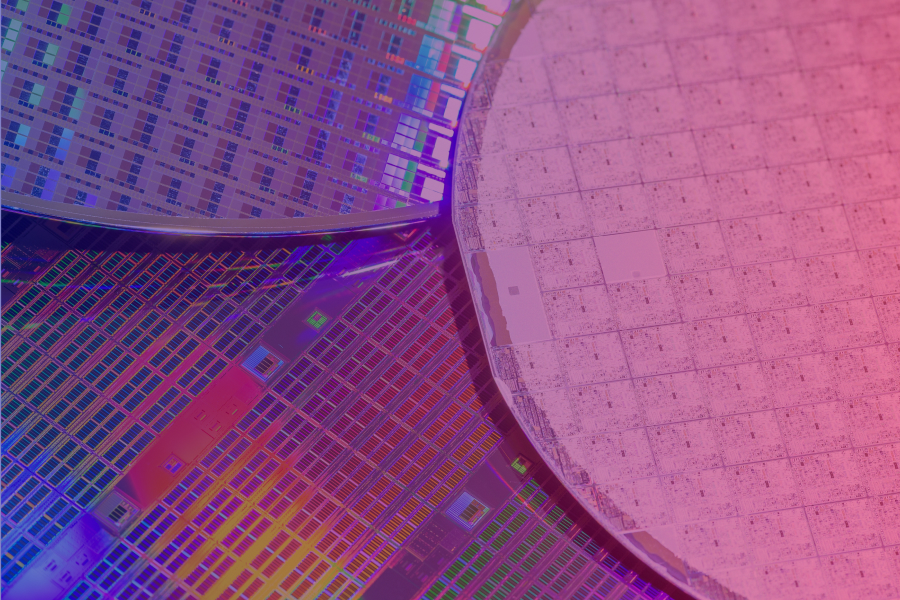Unveiling the Power of Photonic Processors in AI

Photonic processors represent a breakthrough in computing technology, especially significant for artificial intelligence (AI) applications. Unlike traditional electronic processors that use electrons, photonic processors utilize photons (light particles), which do not interact with each other.
This lack of interaction allows for dramatically reduced energy consumption during matrix operations—a core component of AI computation involving neural networks and big data analytics. Photonic computing, therefore, offers the potential for much quicker and more energy-efficient processing than current electronic systems, marking a critical advancement in developing sustainable, high-performance AI technologies.
Commercialisation of Photonic Computing
The shift from experimental to commercial viability in photonic computing marks a pivotal moment in the tech industry. Companies are now increasingly setting up to harness this technology, aiming to integrate it into mainstream computing platforms. The commercialization of photonic processors promises to enhance the capabilities of AI applications significantly by improving speed and reducing operational costs and energy usage, thereby making high-tech solutions more accessible and environmentally friendly.
Abu Sebastian, an electrical engineer at IBM Zurich and a member of the HYBRAIN consortium, has emphasised the inefficiencies of traditional von Neumann architecture used in digital chips, which consumes significantly more energy due to constant data movement. His insights highlight the stark contrasts in energy consumption between the human brain and conventional digital chips, advocating for the adoption of photonic computing to mimic the brain’s efficient neural network, potentially revolutionizing AI’s energy profile.
Harish Bhaskaran‘s work, particularly with Salience Labs, has been instrumental in advancing photonic computing. Also a HYBRAIN consortium member, Bhaskaran has leveraged phase-change materials (PCMs) with photonics to pioneer in-memory photonic computing. This integration enables computations to be performed where data is stored, significantly speeding up processing times and reducing energy costs. Salience Labs, co-founded by Bhaskaran, focuses on commercialising this technology, which could greatly enhance AI applications’ performance and efficiency by minimizing latency and maximizing throughput.
The involvement of HYBRAIN consortium members like Abu Sebastian and Harish Bhaskaran in pioneering photonic computing underscores HYBRAIN’s commitment to advancing AI through innovative technologies.
Their work not only supports the development of ultra-fast and energy-efficient AI applications but also sets a new standard for the future of AI and computing technologies.
As the field of photonic computing moves towards commercialisation, it holds the promise of making AI more sustainable and efficient, aligned perfectly with HYBRAIN’s goals of fostering disruptive innovation.